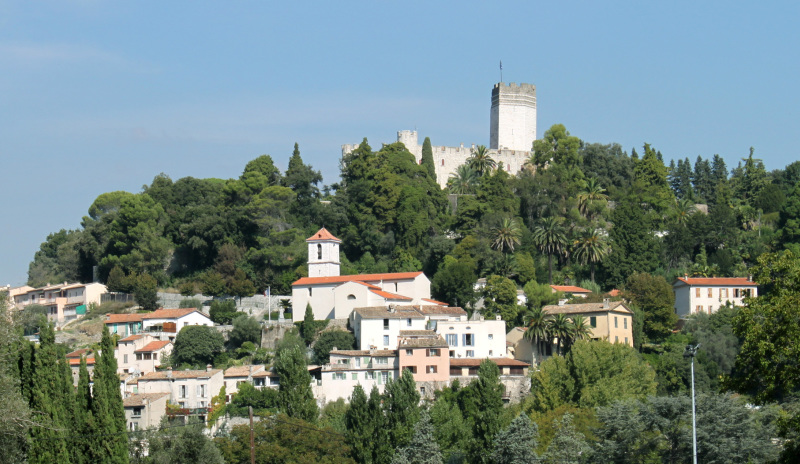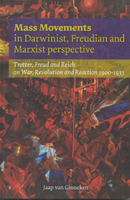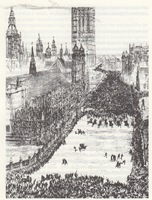
Mass movements in Darwinist, Freudian and Marxist perspective – Trotter, Freud and Reich on War, revolution and reaction 1930-1933. English (Apeldoorn/ Antwerpen: Spinhuis, 167 p. w. notes & lit. ISBN 978 90 5589 279 2). The book is a belated sequel to 1992 Crowds, psychology and politics. Begins with a summary of its findings, and also a related discussion of mob scenes in influential 19th century novels.
Further chapters look at the subsequent Darwinist re-conceptualization of the herd instinct by British medical doctor Wilfred Trotter, which in turn influenced the conceptualization of the super-ego by the Austrian founder of psychoanalysis Sigmund Freud, as well as his views of war and revolution. Freud’s pupil Wilhelm Reich turned Marxist, attempted a class analysis of lust and repression.
Related ideas were developed by German Erich Fromm and the Frankfurt School, and later contributed to American research on The authoritarian personality. But many of the continental European notions were mistranslated, misrepresented and misunderstood in English, in the U.K. and the U.S.



